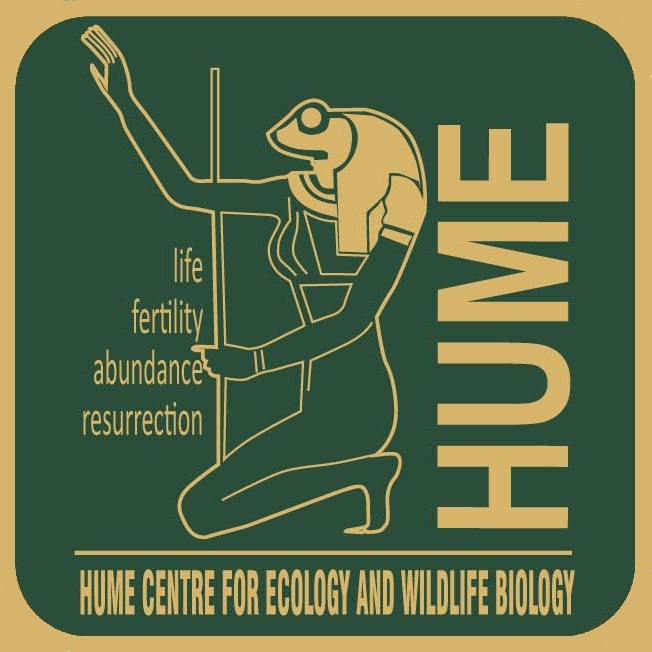Cause Area
Geographies Served
Programs
-
Science Education
District
Wayanad
States
Kerala
The program promotes scientific temperament and ecological awareness among the general public and young learners. It emphasizes the importance of cultivating critical thinking and problem-solving skills, especially among the younger generation. The School Science Program, in collaboration with various activities and initiatives, encourages students to explore the natural world, conduct research, and participate in the National Science Congress. The Hume Centre has also collaborated with the Wipro Foundation, expanding its efforts to more schools in Wayanad. Additionally, the "Curious Zone" allows students to experiment freely, guided by experts, and engage in learning by doing. The organization also runs Café Scientific initiative to make science more relevant and accessible to the general public through monthly meetings and discussions on various scientific topics in an informal and friendly atmosphere, ultimately improving the understanding of science among the public.
-
Climate Change
District
Wayanad
States
Kerala
The Hume Centre is addressing climate change impacts and extreme rainfall events in Wayanad, India, with a community-involved climate monitoring system and a local-scale weather prediction initiative. They also conduct research on zoonotic diseases in the region and utilize the "Zoonosis Wayanad" application to identify disease-prone areas and potential vectors, helping to predict and prepare for disease outbreaks.
-
Food Systems
District
Wayanad
States
Kerala
A sustainable food system ensures food security while preserving environmental resources for the future. Sustainable Development Goal Two, "End Hunger," stresses the importance of conserving local genetic resources for food security. Climate action encourages local food systems to reduce environmental pressures from globalized food production. With climate change impacting food systems worldwide, research on sustainable models is crucial, especially given rising malnutrition rates. Food systems should balance social, environmental, and economic sustainability, drawing lessons from communities living harmoniously with nature. Food plays a vital role in human health, social justice, and the environment, offering potential for empowerment and resilience. Wayanad's unique landscape in the Western Ghats provides an ideal context for researching native food systems to develop a just and sustainable food system model for Kerala.
-
Ecosystem
District
Wayanad
States
Kerala
The program Ecosystem encompasses several initiatives related to the conservation and monitoring of ecosystems and wildlife. It emphasizes the importance of ecosystem health and highlights the global decline in species populations due to habitat loss, ecosystem degradation, and climate change. The United Nations' declaration of the "Decade of Ecosystem Restoration" in 2021 is mentioned as a call for global action. The Hume Centre is dedicated to restoring ecosystems and wildlife, particularly in the Western Ghats, focusing on the Shola-Grasslands, which are under threat. The centre is also involved in vulture conservation efforts, aiming to create a safe environment for vultures by addressing the harmful effects of anti-inflammatory drugs. Additionally, the organization conducts bird monitoring programs, such as Asian Waterbird Count and the Kerala Bird Atlas, which is a citizen science project aimed at mapping bird distribution and abundance in the region over an extended period.
Leadership Team
-
Dr. Suma T R
BoT Member
-
C K. Vishnudas
Executive Director
-
Sri. C Sashi Kumar
BoT Member
-
Nandakumar PM
BoT Member
-
Dyuthi B S
Research Assistant - Zoonoses
-
Manoj K
Manager - Administration
Demographics & Structure
-
Organisation Strength
None
Registration Details
-
PAN Card
AABTH5759G
-
Registration Number
56/4-2005
-
CSR Form 1
Not Available
-
80G
AABTH5759GF20212
-
12A
AABTH5759GE20198
-
FCRA
Not Available
About
-
Headquarters
Kalpetta, Kerala
-
Since
2005
Impact
The Centre's climate monitoring system and weather prediction initiative have been crucial in providing early warnings for extreme weather events, helping the district administration evacuate people from potential landslide locations.
Vision and Mission
The Hume Centre's mission is to impart and create knowledge on the functions of various ecosystems, record patterns of change, and their impacts on human life.
Political & Religious Declarations
-
Political Affiliation
-
Religious Affiliation
Location
-
Offices in Cities
Kalpetta
Other Details
-
Type
Non-profit
-
Sub Type
Trust
Technology Adoption
-
SOC 2 Compliant
No
-
Financial Management
-
Beneficiary Management

